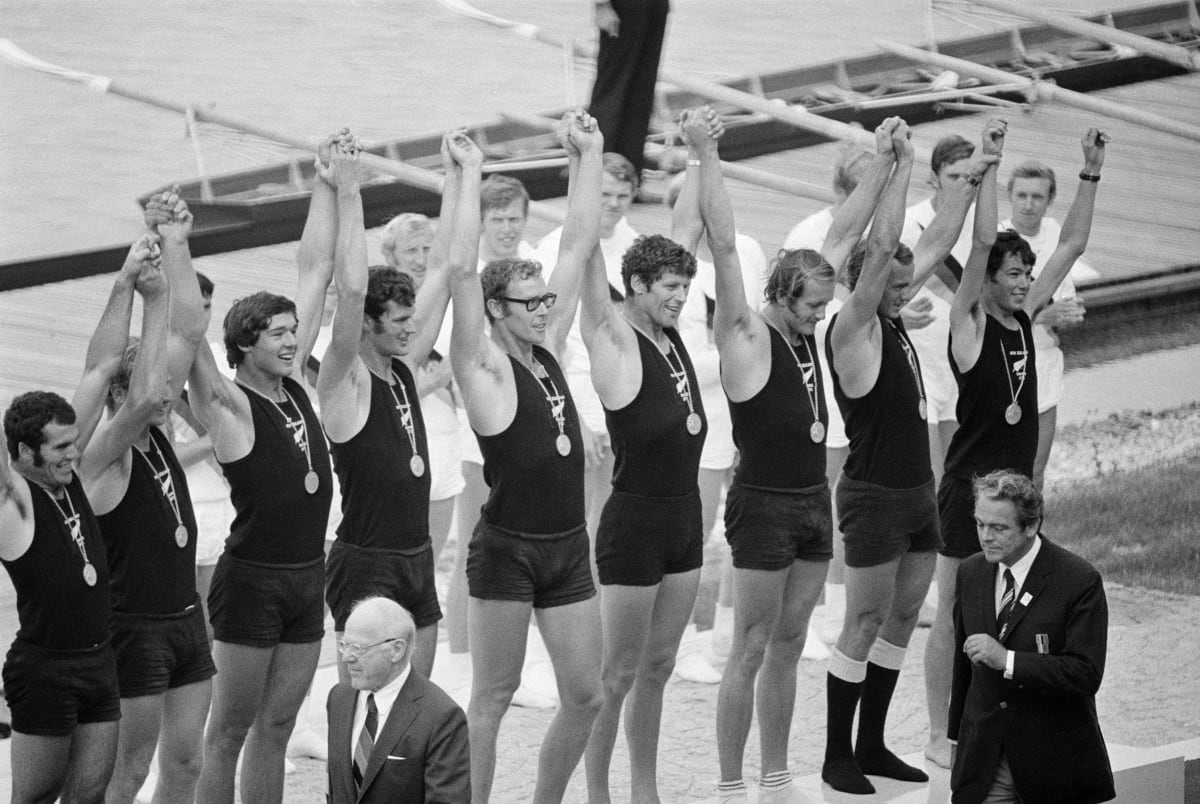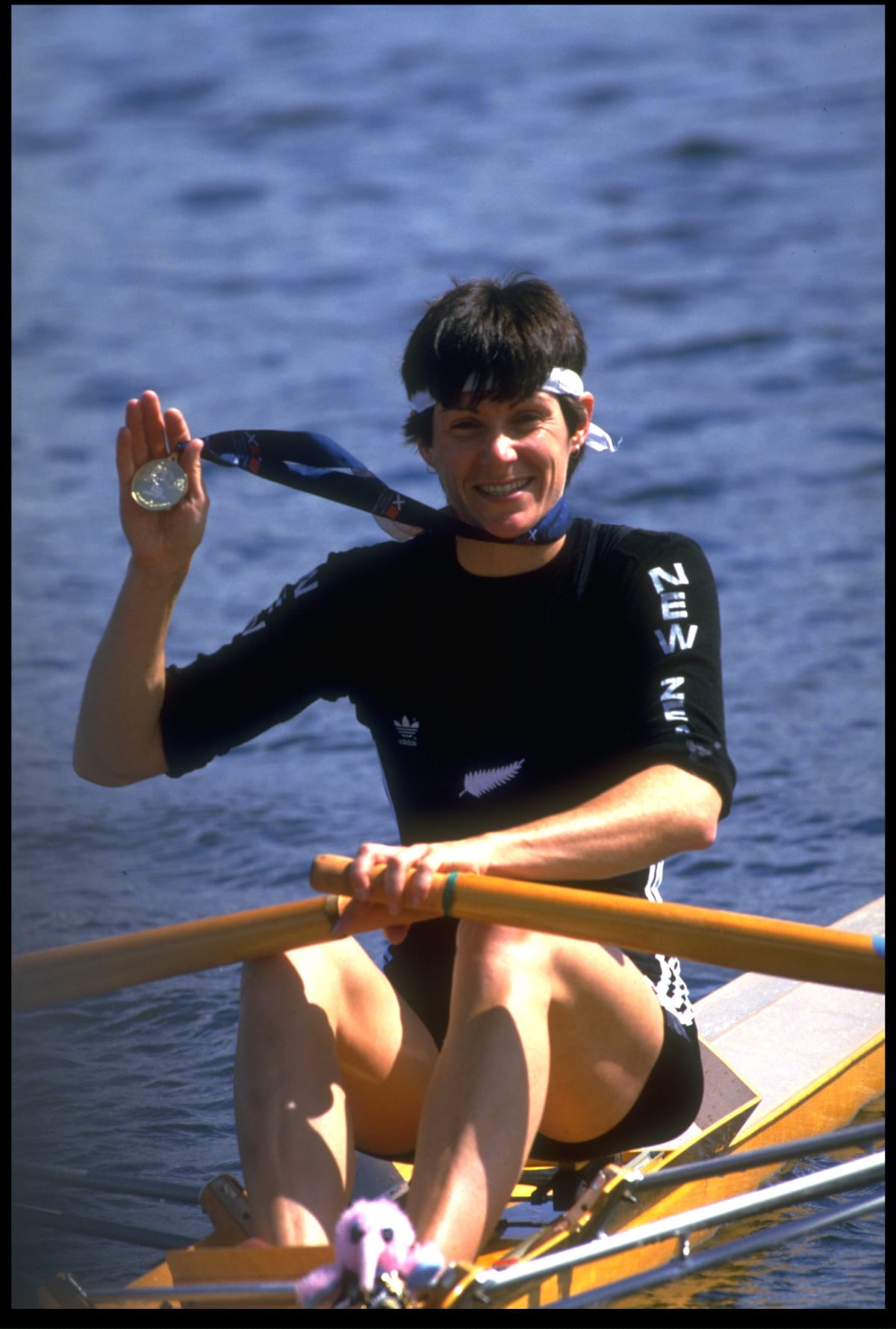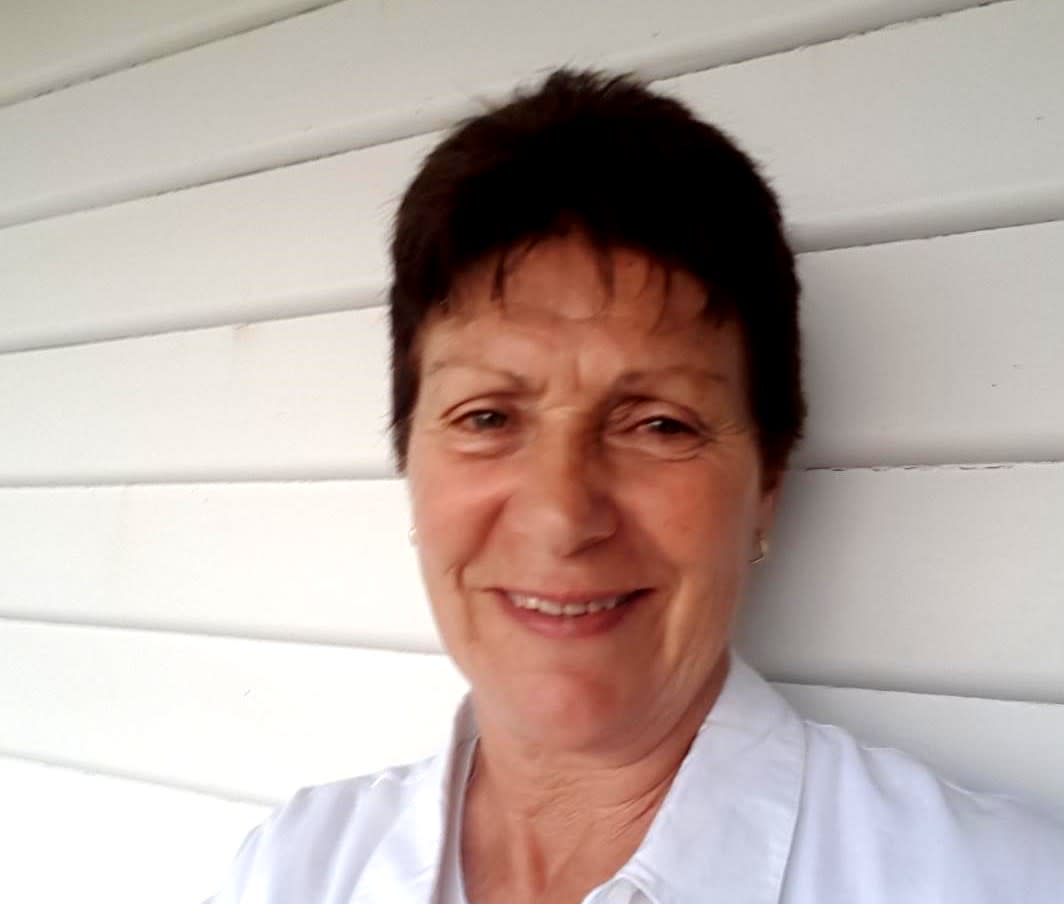
Stephanie Foster broke the glass ceiling for NZ women rowers, and saw things she wished she hadn't in her Eastern European rivals, she tells David Leggat.
When you think of the list of the most prominent trailblazers in New Zealand women’s sport, a place has to be found for Stephanie Foster.
She is not New Zealand’s most successful international rower – after all, it’s tough to top the two Olympic gold medals and three world championship titles attained by the Hawkes Bay twins Caroline and Georgina Evers-Swindell.
But Foster shone a light for women in what had been traditionally a male-dominated sport until she broke the glass ceiling in the 1970s and carried on into the 1980s.
When she left the sport in 1987 – at least in competitive terms - she'd been the first New Zealand woman to win a rowing world championship medal; first to compete at an Olympic Games; first – with partner Robyn Clarke – to win Commonwealth Games medals; and rattled up nine national single sculling titles.
It’s remarkable now to consider from the time she first stepped into a rowing boat in 1975, it was just a few months until she was representing New Zealand.
It’s fair to say the tall teen had an aptitude for the sport. Born in Morrinsville, she relished her sport – hockey, tennis, athletics and “whatever else I could do in summer. It’s always been a real part of my life.”
After her family moved to Auckland, her first taste of rowing at 16 came not while she was at Papakura High School, but at the Auckland Rowing Club.
She had a cousin who rowed, and her memory remains vivid of sitting up in bed with her parents listening to the radio commentary of perhaps New Zealand’s finest rowing moment, the eights winning gold at the 1972 Munich Olympics.

Soon after, Foster was at a school function and “met up with another tall girl, who asked me if I’d like to try rowing because they were one short. I’d only ever rowed a dinghy - but I got totally hooked.”
From Papakura, that meant a bus trip and run, or a long bike ride.
“There was just something about it I loved,” she says. “It was just my sport”.
“I spoke to Mum and Dad and they said 'Yes you can do this, but you have to be home at 8pm.The first night was the only time I was back by 8. After that it was regularly 9 or 10 o’clock, and it was every night after school and every weekend.”
By March 1976, Foster was in the senior women’s eight, winning a national title. Then came her first New Zealand selection to race against Australia.
At the 1978 worlds, staged in New Zealand for the first time at Lake Karapiro, Foster raced in the eight and four, winning B finals, but within a year she was concentrating on the single scull. Her first national title in the class had come in 1977.
Her rapid upward trajectory continued for the next few years, the real highlights coming at Lucerne in 1982 and four years later at the Commonwealth Games in Edinburgh.
In 1982, Foster won the bronze behind Russian and Romanian scullers.
This was the age of the doping scandals which plagued many sports and Foster’s career straddled the dark times. She acknowledges she saw things happening she’d rather not.
“I was extremely conscious of it. We saw it all the time,” she says.
“I saw pills being given to different team members from different countries, injections, saw them going in [to team rooms] and coming out looking like something else.
“For some reason I was always being drug tested. I put that down to being the skinny little thing who kept beating them.”
In her retirement, Foster spent time working with the national drug agency, partly due to what she had seen.
“It was something I never tolerated. They can be beaten,” she says. “I’m still living and healthy and not abused myself. Quite a few of them are dead now.”
Back then, women raced just 1000 metres, half the distance of all racing these days. The final year of the shorter distance was the 1984 Los Angeles Olympics.
Foster didn’t realise it at the time, but her body type was suited to the longer distance - long and lean with good endurance.

When selection came for Los Angeles, Foster found herself the sole woman in the team alongside 21 men. She has nothing but praise for the men’s treatment towards her: “It was like having 21 big brothers.”
Yet her time in LA remains her biggest disappointment and she still maintains a degree of disdain for the way she was treated at the time by the New Zealand Olympic Committee and Rowing NZ.
“I’d had the best build-up you could have. We [Foster and coach Ray Reid] had gone to Europe and I was getting firsts and second, really pleasing,” she says.
The Romanian rower Valeria Racila, who’d won gold in Foster’s bronze medal row two years earlier was “the only one who could beat me. I had a really high chance of winning gold or silver.”
Then in stepped the officials. Rather than travel straight to Los Angeles - and go from one summer to another - she was ordered to return to New Zealand in mid-winter for 10 days, to leave for the Games with the rest of the team.
Today the top athletes would simply refuse. Indeed, the issue would never be raised. But this was 37 years ago.
“It was madness,” Foster says. “But you did what you were told. We were totally reliant on funding and just had to do it. By the time I got to LA, I had peaked. I felt like absolute garbage when I got there and just ‘died’.”
Lake Casitas is on the edge of the Nevada desert, and training had to be done by mid-morning before the waves got up. Because of the travel time, the rowers stayed away from the Olympic village.
“We stayed in a Motel Six in Ventura. Full of prostitutes and truckies. Great,” Foster says. “Security was high, bomb searches, scans of vehicles. It was all very new for us.”
On the water, Foster was shot. She won the B final, finishing seventh overall. The Romanian won gold.
“I was absolutely devastated, absolutely stuffed. I felt I had let my family down, let the country down and just wanted to bury myself somewhere.”
Two years later, there was a brace of gold medals at the Commonwealth Games in Edinburgh, comfortably won in the single scull and the double with Clarke.
“The response from friends, family and the country was pretty neat. That was an experience I’ll never forget. In those days it was telegrams and Interflora flowers. We got hundreds of them,” Foster says. She was New Zealand’s flagbearer for the opening and closing ceremonies.
Shortly after it was on to Nottingham and the worlds where the pair won double scull bronze.
Foster would have been in her prime for the 1988 Olympics in Seoul. But she’d had enough and when the end came it was dramatic.
By now married to Brett Cooper – she goes by her married name everywhere except around rowing events – Foster went to New South Wales to train with celebrated coach Rusty Robertson.
All was going well, until she got to the start line of what would have been her last race. “And I just thought ‘what am I doing here?’ It was just so clear: I don’t want to do this anymore,” she says. “I won it and got out at the end and said to Rusty ‘That’s it. I’m finished’.
“Rusty said: ‘Well girl, it’s your choice and good on ya’.”
Back home at the Auckland champs she was beaten by Philippa Baker, her first loss single seat loss on New Zealand waters.
She agreed to go to one final nationals in Twizel with Brett. On the way, on their Harley, they had an accident. Foster's calf was pierced and about 80 percent of her muscles torn apart.
Lying in Palmerston North Hospital, Foster had a bizarre experience. “I couldn’t have been happier. I was so thrilled and I know it sounds weird. I just so much wanted it [rowing] to stop.”

She did plenty of coaching, spent time on the Hillary Commission and in administrative roles and loved it all. “You have to give back to help things grow. If you walk away your experience goes down the gurgler,” she says.
Now 62, she’s extremely proud of the women who’ve followed in her footsteps and is happy to see the changes in women’s sport.
Her two sons, Bradley and Colin, both rowed while husband Brett also won national titles.
“I vowed and declared I wouldn’t marry a rower but you didn’t see anybody else,” she laughs, “and besides he hunted me.”
After 33 years at Lake Rotoiti, they are in the process of doing up a property in Gore before moving to live in Wedderburn in Central Otago. They are involved in property investment and management, and both love the outdoors. It’s a happy life.
“I used to do a lot of public speaking and would talk about what it was like to win and not win. Highs and lows,” Foster says.
“I’ve never lost. Losing is when you turn your back and walk away and don’t learn lessons out of it. Sometimes to really know what it’s like to win, you have to have a few setbacks.”
Footnote: Since Foster’s 1982 bronze, New Zealand women have won 48 world championship medals to go with five Olympic medals.







